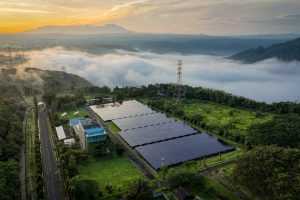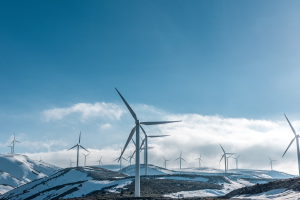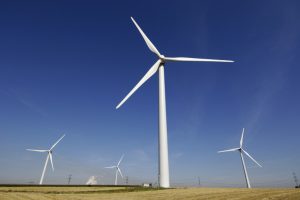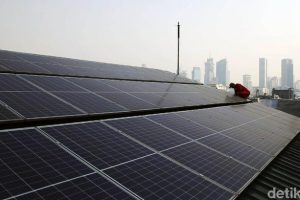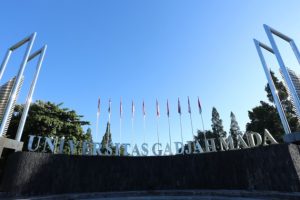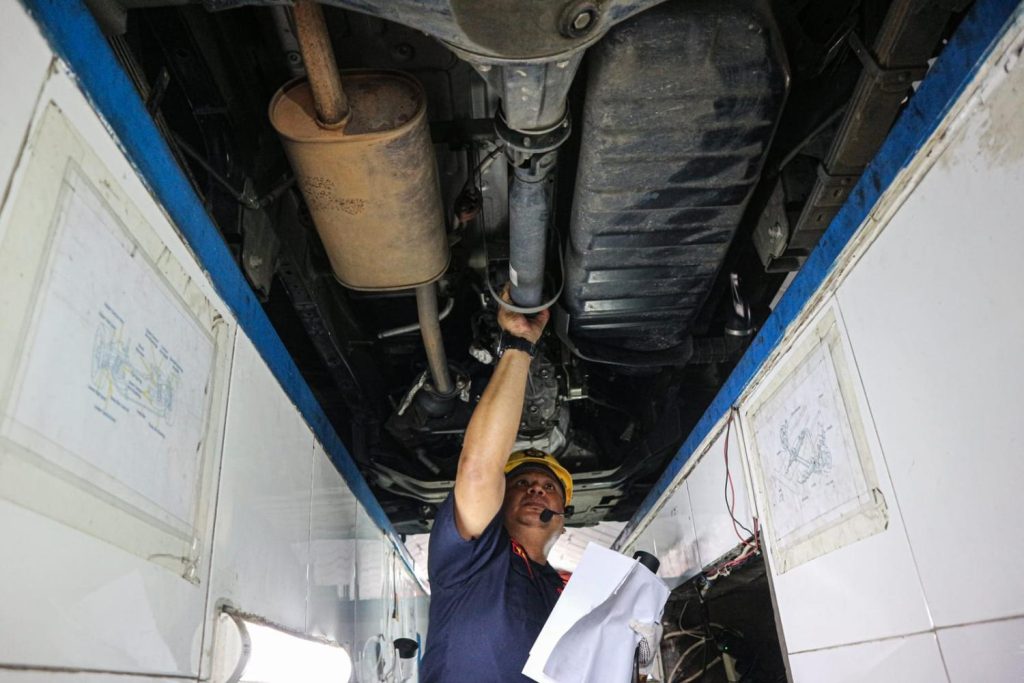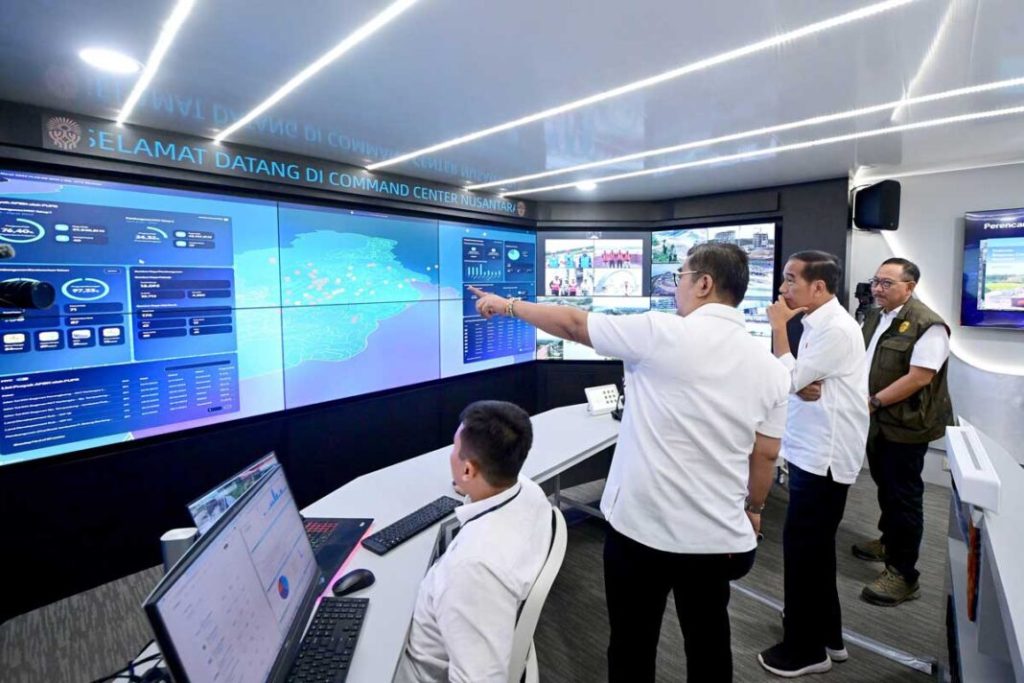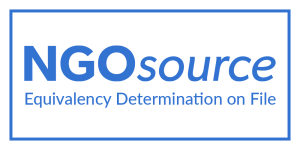Energy is essential for welfare increases, poverty reduction, and sustainable development. Similar to food and water, energy is a basic requirement for survival of the nations. Consequently, energy resources conflicts between nations could lead to war. In the national security concept, a nation has a system known as energy security. The main concept of energy security is started when there was an oil supply instability during the Suez Crisis in 1956 (Arab–Israeli War). After two oil crises in 1973 (Oil embargo of the Organization of Arab Petroleum Exporting Countries to the Canada, Japan, United Kingdom, United States and Netherland during and after the Yom Kippur War) and 1979 the Iranian Revolution (Overthrow of the Pahlavi dynasty) the volatility of the world energy supply issue started to emerge.
There are geopolitical changes, especially in the Middle East Region to secure their energy resources and supply of oil by war. At the end of the 20th Century, in 1974, the developed countries formed the International Energy Agency (IEA) and cooperated to build oil stockpiles in order to countervail oil supply restrictions from petroleum producing countries (Organization of the Petroleum Exporting Countries, OPEC). Furthermore, the Gulf War I (1980) and the Gulf War II (1990) caused the disruption of world oil supplies and rising oil prices which also lead to world instability. The oil crisis has pushed many countries to change their paradigm towards the importance of oil as the most important energy resource. This paradigm is due to the fact that many sectors such as electricity, industry, transportation and construction still have a high dependency on oil.
Kazutomo Irie from Asia Pacific Energy Research Center (2017) explained that in the millennium era, there are three major incidents including new threats, which have changed the way people think about energy security: (1) The September 11 attacked in 2001 showed that Terrorist or Violent Non–state Actors (VNSA) could be a threat to US national security system. This threat also affects energy security as an integral part of national security. Today, the energy supply and energy infrastructures of US are categorized as critical infrastructure that equipped with high level of security; (2) The Russia – Ukraine gas dispute during 2005 – 2006 not only affects the local countries but the EU as well. On January 1, 2006, Russia cut off all gas supply that went through the Ukrainian territory, and because of several EU country’s gas supply came from Russia this event led energy insecurity in EU countries; (3) Katrina Hurricane was recognized as a threat and disrupt energy security [1]. It was occurred on August 23, 2005, and damaged many facilities including crude oil production and petroleum refining facilities in the Gulf of Mexico. US Department of Energy used their “Strategic Petroleum Reserves” to secure the supply of the domestic energy. In addition, IEA released Initial Contingency Response Plan (ICRP) action to increase the availability of crude oil and products in response to the disruptions.
At the beginning of the 21th century, the definition of energy security has been changed. The old paradigm (Classic Energy Security) regarding the stability of energy supply (oil) has transformed to availability, acceptability, affordability, accessibility, and sustainability of energy. The definition of energy source is not only about oil but added with new and renewable energy (NRE). While the external effect of energy security also became more complex with more additional factors such as technology development, environmental issues, economic issues and global geopolitics. Moreover, the 4th Industrial Revolution (a term first used in 2011 at the Hannover Fair) has made a paradigm-shifting of the energy security concept to the revolutionary and innovative thinking; as well as the development of clean, secure, sustainable, and reliable energy sources. The implementation of the concept is shifting the fossil fuels into clean energy with the integration of innovation and technologies which led to an era called Energy 3.0. A summary of the historical energy security related Geopolitics Global can be seen in Figure 1.
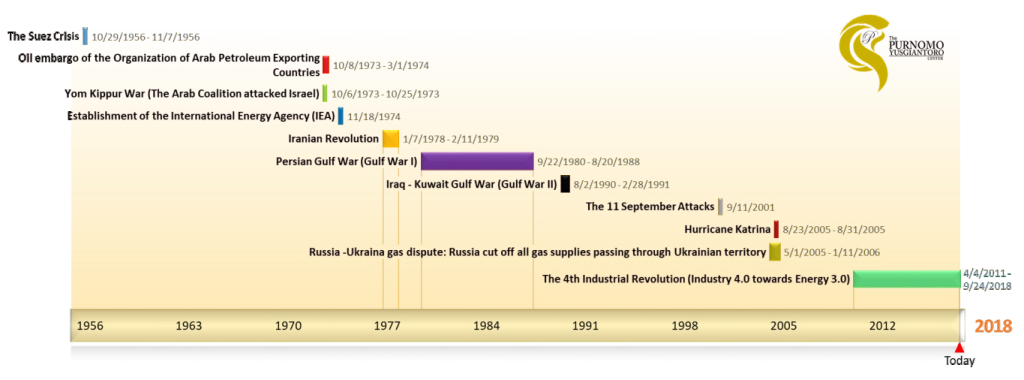
Figure 1. Historical of Energy Security vs Geopolitics Global
Philosophy of Energy Security
Energy security is a multidimensional perspective. Ideology, politic, economy, social, culture, law and technology are the dimension of energy security. An integrated approach is needed to assess energy security concept. In many countries, energy security is part of the national security model. Ontologically, energy security answers the scientific aspects of “What is” from energy and security meaning; what is the subject of energy security, what is being protected and what the threat to energy security is. Epistemologically concept answers the scientific question of “How” the methods of energy security concept works. In many countries, the measures and calculation to the energy security use various scientific models and index known as Energy Security Index (ESI). Then axiological aspects were then defined as the benefits of applying energy security concept. If a country has a good concept of energy security, then it will have a short – term and long – term vision of national security. Various definitions of energy security in the world can be seen in Table 1.
Table 1. Definition of Energy Security Concept in the World
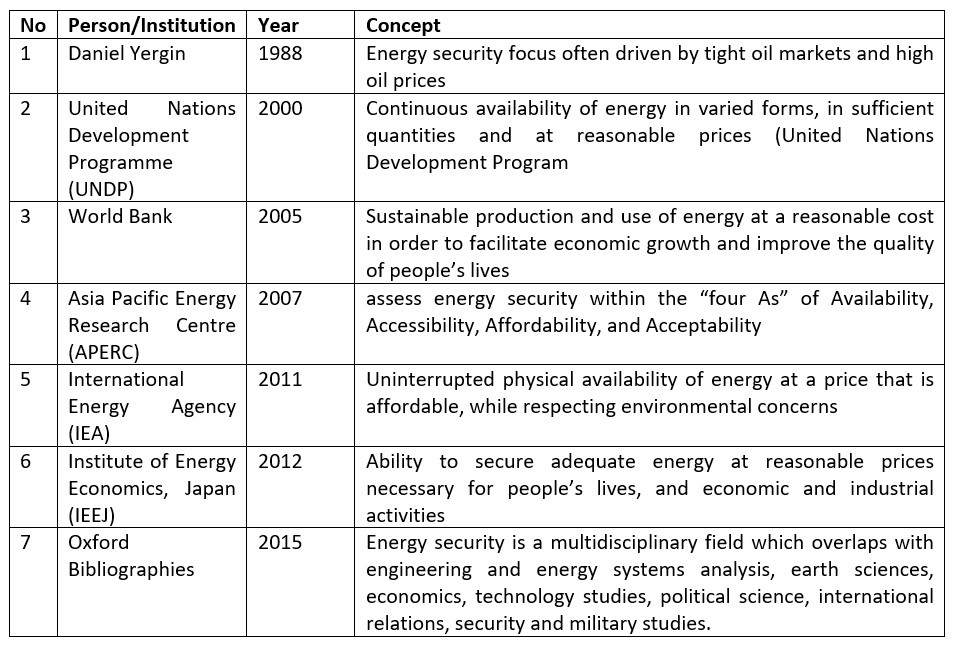
Indicators of Energy Security Index (world energy council (WEC) model, 1981) include:
- Proven reserves;
- Export-import of energy products;
- Total primary energy consumption;
- Electricity consumption;
- Electrification ratio;
- Fuel consumption;
- Generating capacity;
- Refinery capacity;
- Transmission & distribution;
- Operational reserves;
- Energy mix;
- Energy infrastructure.
The indicators are better known as effective management of primary energy supply from domestic and external sources, the reliability of energy infrastructure, and the ability of energy providers to meet current and future demand [2].
Energy Security Concept in Indonesia
Indonesia has its own concept of energy security. Similar to other countries, it usually is a part of the national security. In Indonesia, the national security itself is synchronized with the national resilience. Energy security concept in Indonesia is an ensuring fulfilment of the availability; acceptability, accessibility, affordability in the long term as well as protection to the environment. This concept is contained in the Government Regulation of the Republic of Indonesia Number 79 of 2014. Energy security in Indonesia is also related to energy independence, which means ensuring the availability of energy by utilizing the maximum potential energy source. The described concept can be seen in Figure 2.
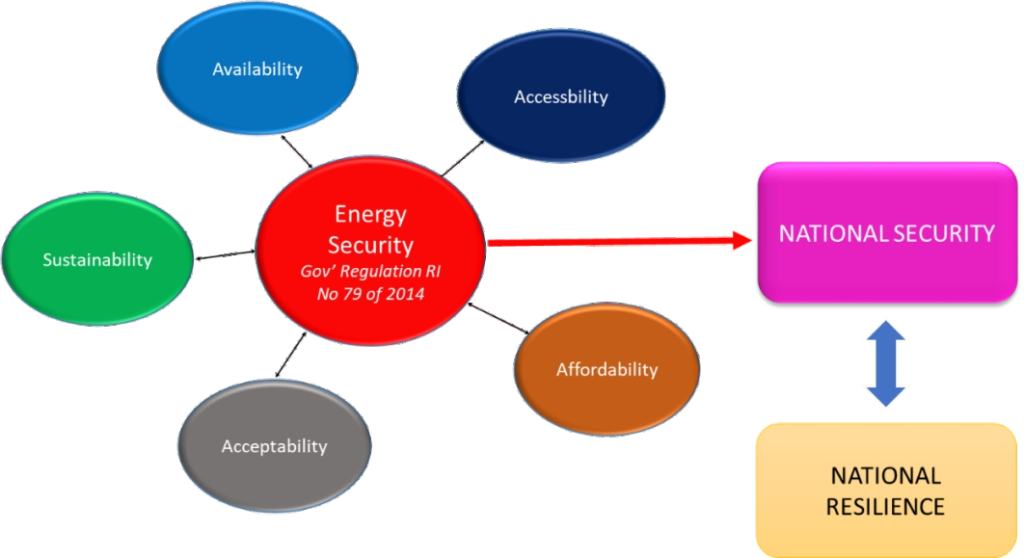
Figure 2. The Concept of Energy Security in Indonesia
Practically, Indonesia uses Energy Security Index as the measurement methods with the “4A + 1S” as the variable of measurement. The “4A + 1S” variables consist of availability, acceptability, affordability, accessibility, and sustainability of energy. National resilience itself is measured by dynamic and complex modelling in Labkurtannas, National Resilience Institute of the Republic of Indonesia.
Conclusion
Geopolitics, geo-economics and geostrategic aspects of energy security are important issues which need continuous attention. Energy security concept is very important not only for Indonesia but also for global. It is a part of national security as well as national resilience. In summary, energy security consists of availability, acceptability, affordability, accessibility, and sustainability of energy. If prosperity in the energy sector and security of energy supply is guaranteed for everyone even to the smallest community, the country will be considered to be developed, and the national security will be strong.
For Indonesia, energy security is very important, and the increases of the level of energy security require policy implementation to the right target. Today, the increased oil and gas production and the increased of the national electrification ratio are considered to be priorities. Next, the culture of people in changing the mindset to switch from fossil energy to clean and green energy is needed to decrease the national greenhouse gases emission. In addition, the development of renewable energy, as well as the energy infrastructure, is a major factor in improving energy security. The energy security in Indonesia should be guaranteed so that national security and national resilience could be manifested.
Bibliography
[1] Kazutomo Irie. 2017. The Evolution of the Energy Security Concept and APEX Energy Cooperation. International Association for Energy Economics. Singapore Issue 2017. Asia Pacific Energy Research Centre.
[2] World Energy Council. 2017. World Trilemma Index 2017 – Monitoring the Sustainability of National Energy System. London EC3V 3NH. United Kingdom
*This opinion piece is the author(s) own and does not necessarily represent opinions of the Purnomo Yusgiantoro Center (PYC)
